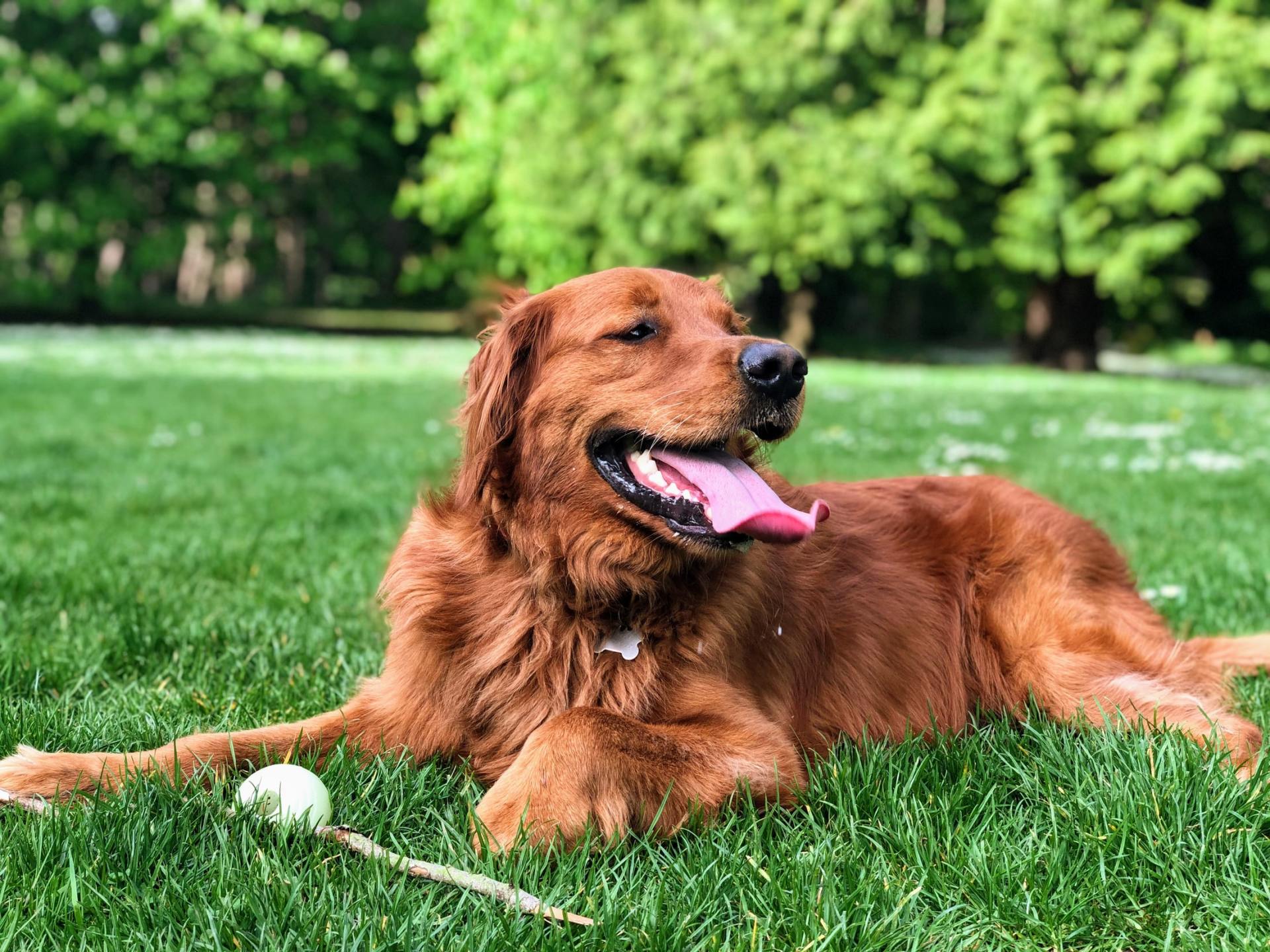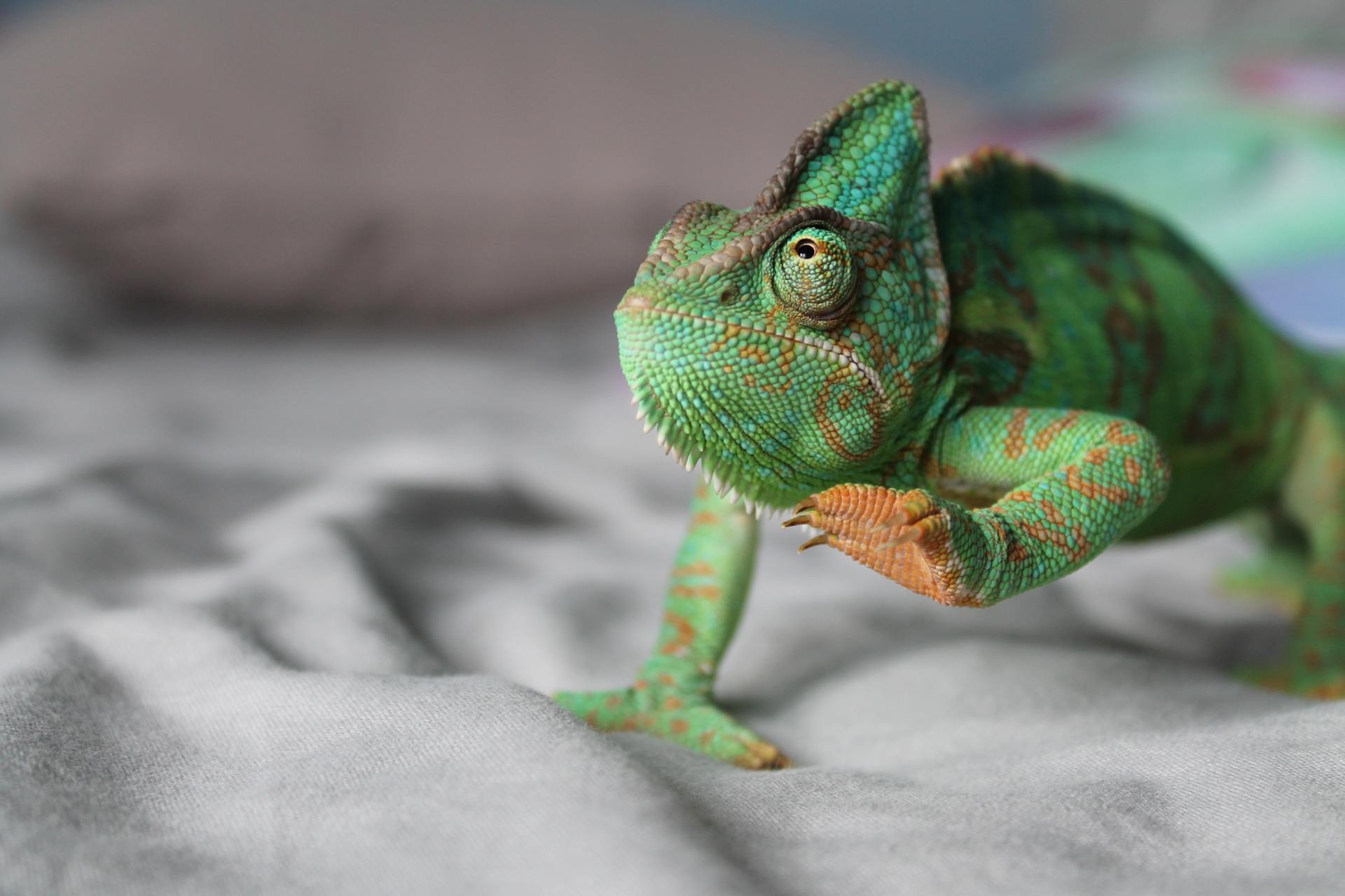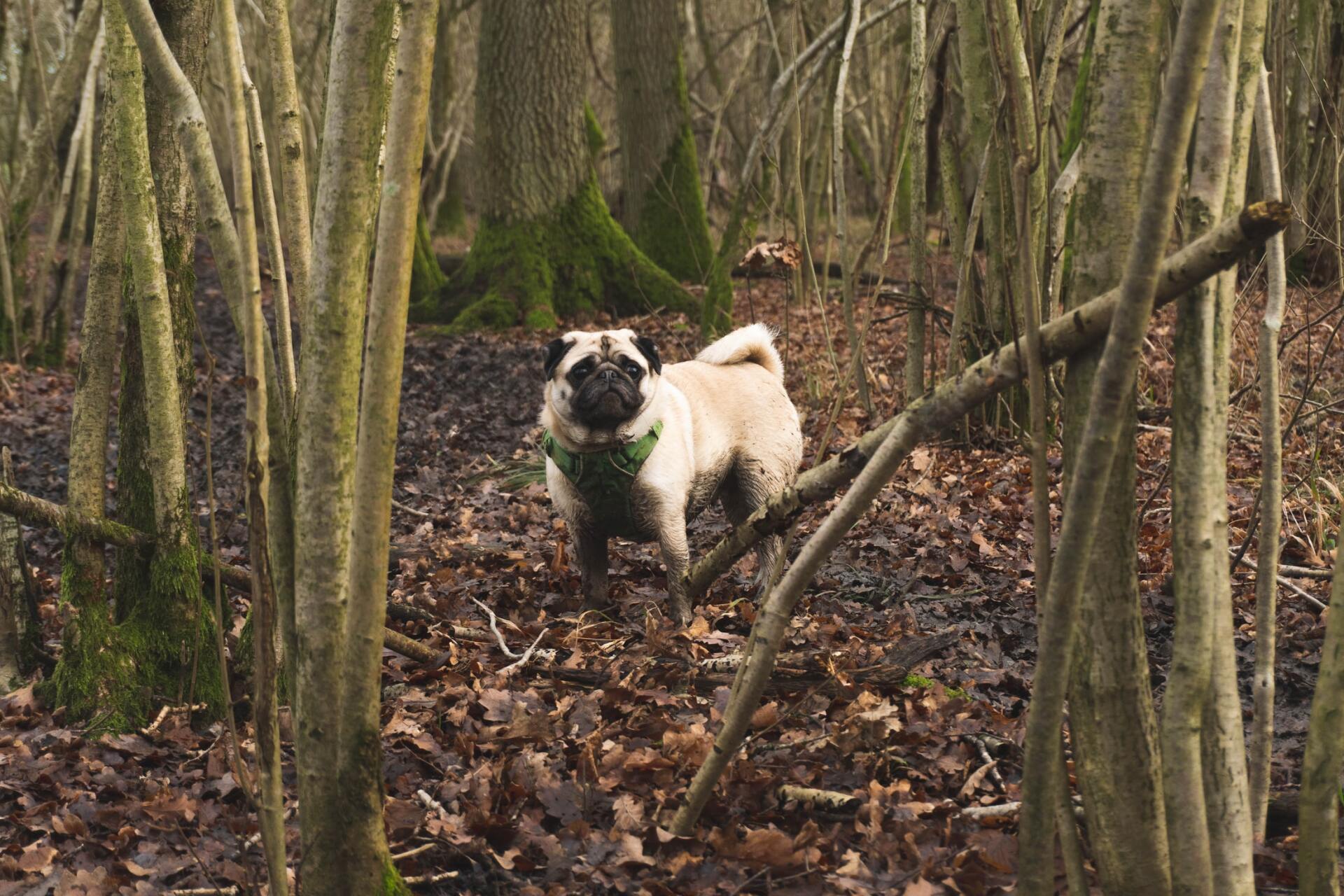Does Your Dog Have Anxiety?
Our canine companions are very emotional animals. Fido, like humans, can experience feelings such as fear, depression, loneliness, and grief. Dogs can also experience anxiety. This might be quite challenging for them! This post by a Burlington, ON veterinarian offers helpful insights into the issue of canine anxiety.
Why Do Some Dogs Get Anxious?
Anxiety in dogs can be caused by a variety of factors, including Fido’s temperament, background, living conditions, and breed. Nonetheless, there are some similar factors.
Let’s have a look at some of the key ones.
Major changes: Our pets are creatures of habit, and huge changes can cause them significant distress. Moving, home changes, the death of a beloved owner, changed schedules, and the coming of a new owner are all examples. Fido may also grow uncomfortable and disturbed when placed in a new environment or setting. Interacting with unexpected individuals or animals can be extremely upsetting for our beloved canines. Even daycare or excursions to the park can agitate some dogs!
Lack of Proper Socialization: Dogs who have not been properly socialized are more likely to exhibit signs of anxiety or aggression as they age. When Fido is a puppy, he should be exposed to new environments and people. These meetings and experiences will help him gain a broad perspective and a positive outlook on the world.
Specific Fears/Phobias: Did you know that dogs can develop phobias? Thunderstorm anxiety is an excellent example. Many dogs are scared of loud noises, even fireworks. Another example is if a dog who has spent a significant amount of time in kennels develops a dread of crates. (This is very common in pets who have been abused or neglected).
Illness/Injury: Pets are prone to a wide range of illnesses and injuries. When they feel ill, they have no idea what is wrong with them. Anything that disrupts Fido’s senses, mobility, or nerve system can induce anxiety. Canine dementia, for example, can cause distress in elderly dogs. Other possible factors include trauma, age-related cognitive deterioration, and simple genetics.
Contact your veterinarian for further information.
What is Separation Anxiety In Dogs?
Separation anxiety is the most common kind of dog anxiety. Fido is basically designed to work as part of a pack. In the wild, dogs tend to stick with their friends. Being left alone can make your dog uneasy, lonely, and sad. If you return to find your canine buddy has made a mess while you were away, it’s most likely due to separation anxiety. (Note: This is likely why some puppies cry when left alone. Fido may be trying to tell you where he is!)
Separation anxiety can affect any dog. However, it is more common among rescued and rehomed dogs, most likely because they were abandoned or removed from their original owners, which can be very traumatic for them.
What Are The Symptoms Of Canine Anxiety?
Fido cannot convey his emotions, thus it is vital that you recognize the warning signs.
These may vary depending on Fido’s stress level and the reason for his distress. For example, if your pooch is terrified of anything specific, such as a loud noise or fireworks, they may tremble, tuck their tail, seek refuge, or abandon the scene. One of the reasons for the surge in lost pet reports around the Fourth of July is that many dogs are terrified of the loud noises and commotion caused by fireworks and attempt to flee just out of fright.
When dogs with separation anxiety are left alone, they may engage in destructive activities, such as digging and gnawing.
Here are some significant symptoms:
- Panting
- Pacing
- Licking
- Trembling
- Tucking The Tail
- Hiding
- Escape Attempts
- Tail Chasing
- Diarrhea
- Aggression
- Fear Urination
- Hot Spots/Lesions From Licking Or Biting
- Tail-Chasing
- Yowling/Barking When Left Alone.
- Destructive Behavior (Getting Into The Trash, Trashing Furniture)
- Cowering
- Digging
- Not Eating
- Soiling Improperly
- Restlessness
- Licking The Lips
- Showing the whites of the eyes (whale eye)
Anxiety in dogs can occasionally result in aggressive behavior.
If you believe your dog is anxious or see any of the following symptoms, contact your veterinarian right away.
Do Some Dog Breeds Experience More Anxiety Than Others?
Breed is simply one factor in Fido’s psyche, but it has a tremendous impact. Although anxiety can affect dogs of all breeds for a variety of reasons, certain breeds may be more prone to it.
That list contains the following puppies:
- Vizsla
- Cavalier King Charles Spaniel
- Basset Hound
- Dachshund
- Bichon Frise
- Toy Poodle
- Labrador Retriever
- Cocker Spaniel
- German Shorthaired Pointer
- Greyhound
- Mini Schnauzer
- Shetland Sheepdog
- Yorkshire Terrier
- Chihuahua
- German Shepherd
- Australian Shepherd
- Border Collie
- Jack Russell Terrier
As previously noted, dogs who have been abused, neglected, or rehomed are vulnerable, as are those with certain medical conditions such as dementia. For further information, please contact your Burlington, ON, veterinarian.
How Can I Help My Anxious Pet?
Fortunately, there are several methods you may do to help your furry friend learn to cope with fear.
First and foremost, consult your vet. If Fido’s anxiety is caused by an undetected medical condition, it must be diagnosed and treated as soon as possible. Some puppies might benefit from behavioral training. Medications can also help. (Note: always check with your veterinarian before giving your dog anything.)
Make sure that your canine buddy receives adequate mental and physical activity. Taking Fido for walks and playing will help him release pent-up energy in a healthy way. This is also great for building a strong bond with your canine buddy.
Establishing a constant routine for your pooch’s walks and play will help to preserve a sense of stability, which is beneficial.
If your furry pal suffers from separation anxiety, consider getting him a buddy. Of course, this will depend on your dog’s personality and history. Take some time to think about this before making a decision. Adoption is a major commitment, so make sure it is the correct choice. You should also consider your family, resources, and schedule. If everything seems good, the next step is to discover the ideal match. This is critical: if Fido dislikes his new friend, it may increase his nervousness!
Products that promote relaxation, such as relaxing apparel, proper chewing, comfy mattresses, and engaging toys, can also be beneficial. Ask your veterinarian for recommendations.
It’s also vital to understand what to avoid. Never punish your dog for expressing discomfort or distress. We understand how upsetting it is to learn that your pet has eaten your carpet, but reprimanding him may worsen the matter. Fido does not understand the concept of punishment; he is simply seeking to communicate and calm himself. Scolding him could not only confuse him, but also inspire terror in him. Positive reinforcement will be your most successful method.
Another thing to avoid is spoiling your furry pal. You don’t want to reward him for being nervous! That may actually reinforce the behavior that you want to stop, which is the exact opposite of what you want. 1
Consult your Burlington, ON veterinarian for specialized guidance.
Book An Appointment At Our Burlington, ON, CA Pet Clinic
Have you got any questions about your dog’s health or care? Please call us at your pet hospital in Burlington, Ontario! We are more than happy to help!




